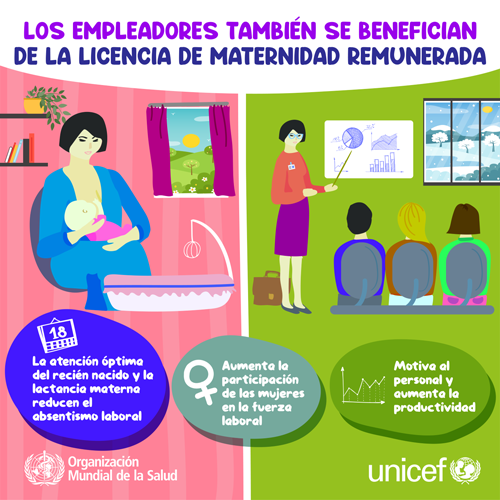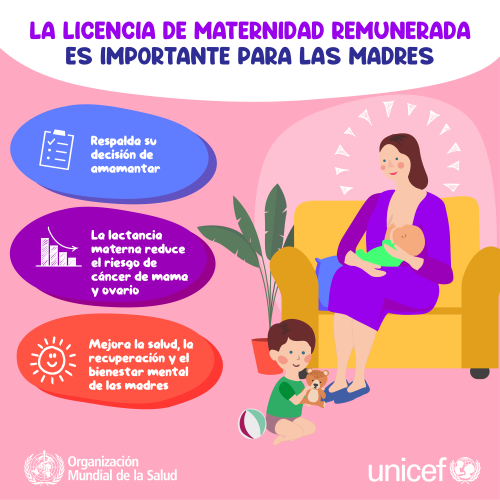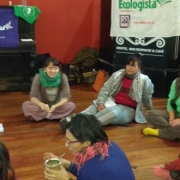Let’s be empowered! Let’s make breastfeeding possible
Throughout the world, from August 1 to 7, dissemination, promotion and support activities for breastfeeding are carried out. What is the role and commitment of the actors involved?
“Below, we offer a google translate version of the original article in Spanish. This translation may not be accurate but serves as a general presentation of the article. For more accurate information, please switch to the Spanish version of the website. In addition, feel free to directly contact in English the person mentioned at the bottom of this article with regards to this topic”.
In August 1990, the World Health Organization (WHO), UNICEF, several States and civil society organizations signed the Innocenti Declaration with the objective of protecting, promoting and supporting breastfeeding.
This year’s motto is: “Let’s empower ourselves. Let’s make breastfeeding possible!” And was launched by the World Alliance for Breastfeeding (WABA). This slogan attempts to challenge states, unions, employers and civil society organizations to develop solutions that lead to gender equality and improve breastfeeding rates.
The World Health Organization emphasizes the need for paid maternity leave of at least eighteen weeks and paid paternity leave in order to achieve equality in the care of daughters and sons. It also expresses that breastfeeding policies should be promoted in work environments (breastfeeding breaks, safe, private and hygienic spaces and childcare services).
Along the same lines, we argue that breastfeeding promotion and support cannot be achievable without thinking about public policies in the face of the care crisis. The sexual division of labor remains rigid and mainly affects women. Against this, actions that understand care as public responsibilities are necessary.
Thus, public education, child care services, older adults and any person who requires special care from another and equal maternity and paternity leave must be part of public agendas. Also, the private sector is not out of these actions. Private companies are responsible for complying with labor regulations and collective bargaining agreements that promote and ensure equal and inclusive care and breastfeeding policies without gender stereotypes (ensuring the presence of lactaries in the workplace or respecting licenses).
The body of women, historically, has been a field of regulations. Here they play speeches disputing hegemonic knowledge. We understand that it is the responsibility of the States to promote public policies that allow social scenarios where women and people who care for girls and boys freely decide on breastfeeding, with useful and clear information, without stereotypes and patriarchal cultural mandates.
Author
Ivana Sanchez
Contact
Cecilia Bustos Moreschi, cecilia.bustos.moreschi@fundeps.org







